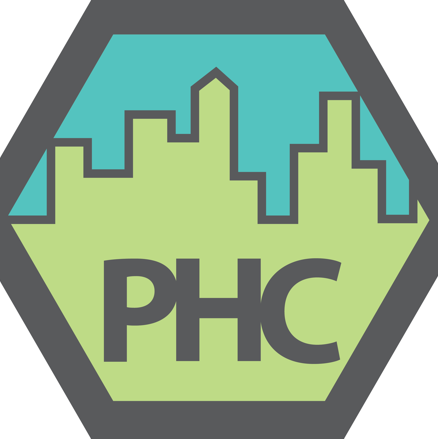- Location
- Toronto, Ontario, Canada
- Bio
-
James Rhule is the founder and Chief Idea Officer of Project: Human City. He studied Urban and Regional Planning at Ryerson University. Wanting to make a greater impact for the underrepresented public, he designed an organization to meet the needs of all people living together, rather than following traditional means. James has worked for the City of Toronto for ten years. His professional interests include particle physics, algorithms and human interactions. When not designing impact initiatives for Project: Human City, James enjoys reading, writing, cooking and spending time with his three young nephews.
- Companies
-
-
 Toronto, Ontario, Canada
Toronto, Ontario, Canada
-
- Categories
- Artificial intelligence Databases Hardware Information technology Mobile app development
Socials
Latest feedback
Project feedback
Project feedback
Project feedback
Achievements
Recent projects
Co-Quest Mobile App Development
Project: Human City is seeking a team of learners to develop a mobile version of their existing web application, Co-Quest. Co-Quest is an interactive platform designed to engage users in community-building activities and quests. The current web app has been successful, but there is a growing demand for a mobile version to enhance accessibility and user engagement. The goal of this project is to create a mobile app that mirrors the functionality of the web app while providing an intuitive and seamless user experience on both iOS and Android devices. This project will allow learners to apply their knowledge of mobile app development, user interface design, and software engineering principles. Key objectives include: - Translating the existing web app features to a mobile platform. - Ensuring cross-platform compatibility (iOS and Android). - Maintaining a consistent user experience with the web app. - Implementing responsive design and intuitive navigation.
Engineering Review of "The Arch Cradle I" 3D Printer
Project: Human City is seeking an engineering review of its experimental 3D printer, "The Arch Cradle I." The goal of this project is to assess the design, functionality, and performance of the printer to ensure it meets industry standards and user expectations. The printer is intended to revolutionize urban manufacturing by enabling rapid prototyping and production of complex structures. The review will focus on evaluating the printer's mechanical components, software integration, and overall usability. The team will identify potential areas for improvement and provide recommendations to enhance the printer's efficiency and reliability. This project offers learners the opportunity to apply their engineering knowledge in a practical setting, bridging the gap between theoretical concepts and real-world applications. - Assess the design and functionality of "The Arch Cradle I." - Evaluate the printer's mechanical components and software integration. - Identify potential areas for improvement. - Provide recommendations for enhancing efficiency and reliability.
AR UI/UX Design
Our company has several products that use AR in different ways, we would like a group to review the multiple use cases we designed for and create one unified design pattern that can be used across all 3 of our ar products. Tasks may include: Conducting background research on our existing web application for the product. Identifying key areas of our current product and how they might translate to a mobile application. Learning and using various software design tools. We strongly recommend students learn how to use Figma as this is the latest and greatest tool currently available. Creation of a screen by screen UX / UI prototype of a native mobile application which can be used on both iOS and Android Conducting UX / UI testing with real potential users potentially involving paper prototypes or other software tools to support this
Digital Product Cybersecurity Audit
Project: Human City is seeking to enhance the cybersecurity of its digital products by conducting a comprehensive audit. The goal is to identify potential vulnerabilities and ensure robust protection against cyber threats. This project will provide learners with the opportunity to apply their knowledge of cybersecurity principles and practices in a real-world context. The audit will focus on evaluating existing security measures, identifying potential risks, and recommending improvements. Learners will work collaboratively to analyze system architecture, review security protocols, and test for vulnerabilities. This project is designed to be completed within 80 hours, allowing students to gain practical experience while contributing to the security of Project: Human City's digital offerings.
